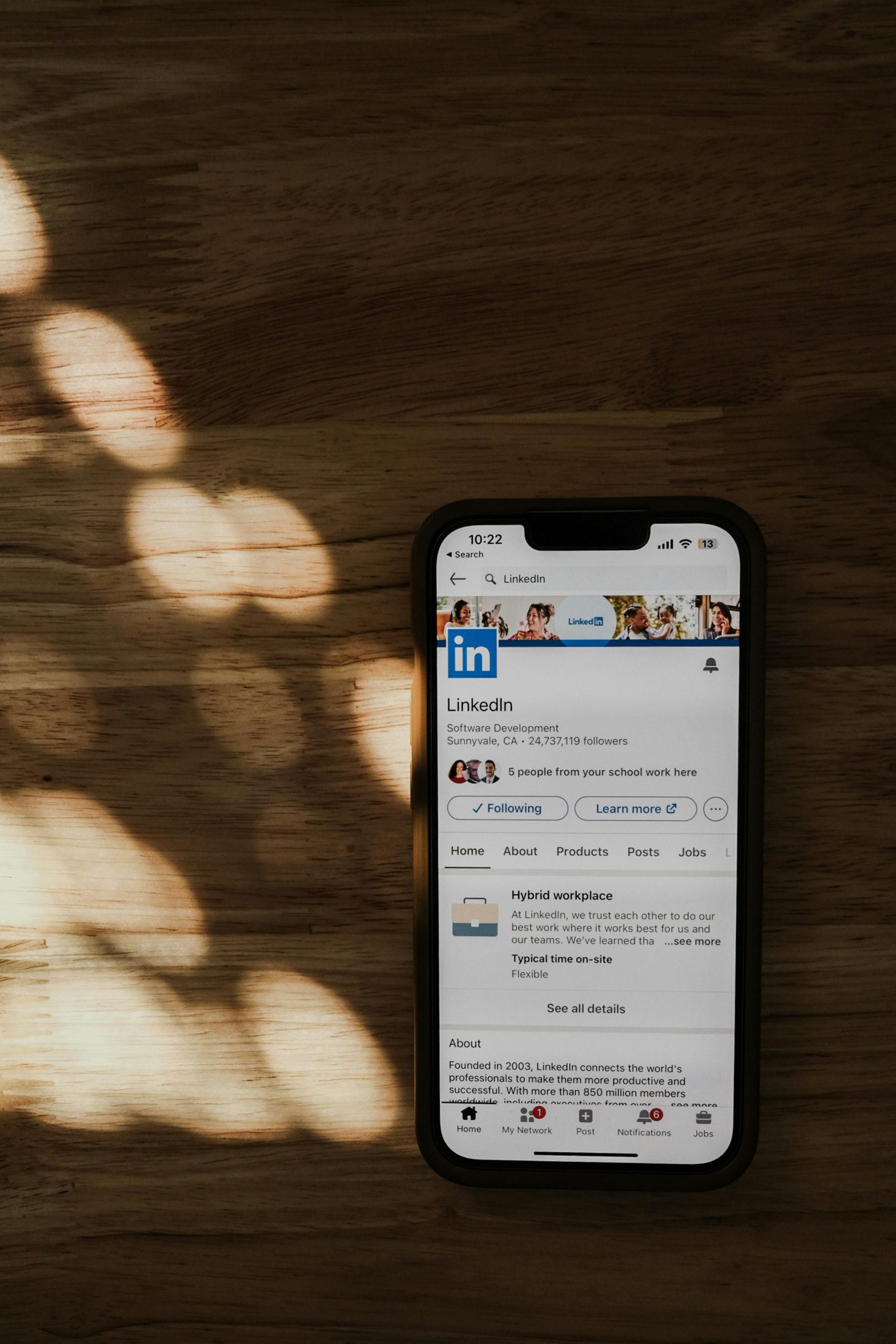LinkedIn Learning or LinkedIn Leaking? Lawsuit Alleges Illegal Data Sharing

On February 3, 2025, a class action lawsuit was filed against LinkedIn in the Northern District of California. The lawsuit alleges that the platform illegally shared the personal information of LinkedIn premium subscribers with Meta and Adobe without their consent. The complaint, brought by subscriber Courtney Cole, claims that LinkedIn violated the Video Privacy Protection Act by disclosing users’ video viewing activities and personally identifiable information to Meta through tracking pixels embedded in its LinkedIn Learning platform. Cole, who has been a LinkedIn premium subscriber for three years, argues that the company secretly tracked and shared her video-watching habits with Meta while she was logged into Facebook, and also integrated the data with Adobe Analytics.
The lawsuit contends that LinkedIn qualifies as a “videotape service provider” under the federal law since it distributes educational videos to paying customers. Cole seeks to represent a nationwide class of users who accessed LinkedIn Learning videos, arguing that the case raises common legal and factual questions about LinkedIn’s data-sharing practices. This lawsuit follows other privacy-related legal challenges against LinkedIn, including a recently dismissed case where LinkedIn was accused of obtaining personal disability information from California’s DMV and another lawsuit alleging it intercepted users’ health data for targeted advertising.
Cole’s lawsuit underscores broader concerns about how social media platforms handle user data, often sharing it beyond their own ecosystems. Companies like LinkedIn defend these practices by pointing to their terms and conditions, which users may not fully understand. For instance, in a separate case, LinkedIn sought to dismiss claims that it violated wiretapping laws by collecting health-related data from CityMD’s website, arguing that users had been notified of the data collection and lacked a reasonable expectation of privacy.
As the case unfolds, it will offer a compelling test of how courts interpret privacy protections in the digital age—one that should be closely monitored.
The case is Cole v. LinkedIn Corp., 5:25-cv-01097


